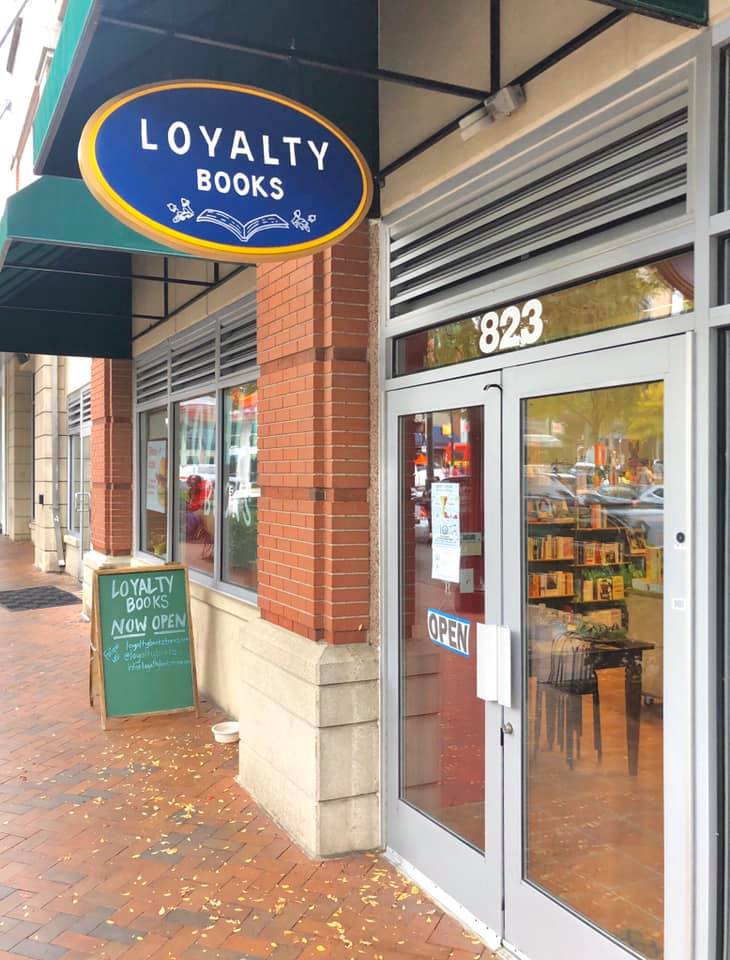 In Washington, D.C., and Silver Spring, Md., both Loyalty Bookstore locations are closed to browsing but are doing contactless pick-up a few days each week and are shipping out books "like mad," said founder Hannah Oliver Depp.
In Washington, D.C., and Silver Spring, Md., both Loyalty Bookstore locations are closed to browsing but are doing contactless pick-up a few days each week and are shipping out books "like mad," said founder Hannah Oliver Depp.
Depp explained that she waited longer than she would have liked to start doing pick-up because of inconsistent curfews issued by the city during Black Lives Matter protests in May and June. Emphasizing that while she and her team "absolutely support" the protests, Depp said it was hard to know when the curfew would come into effect on any given day and she did not want to risk her booksellers getting caught outside after curfew and being mistreated by police or federal agents. "Protecting my staff is the central guiding principle for operations during Covid-19."
Depp added that she had hoped to be doing appointment shopping by now, but that probably won't happen until autumn at the earliest, for two main reasons. "Folks are still not taking the pandemic seriously enough," especially tourists who are traveling to D.C. in increasing numbers, and Loyalty's online sales are strong enough to keep the stores going through the summer without having to open for browsing.
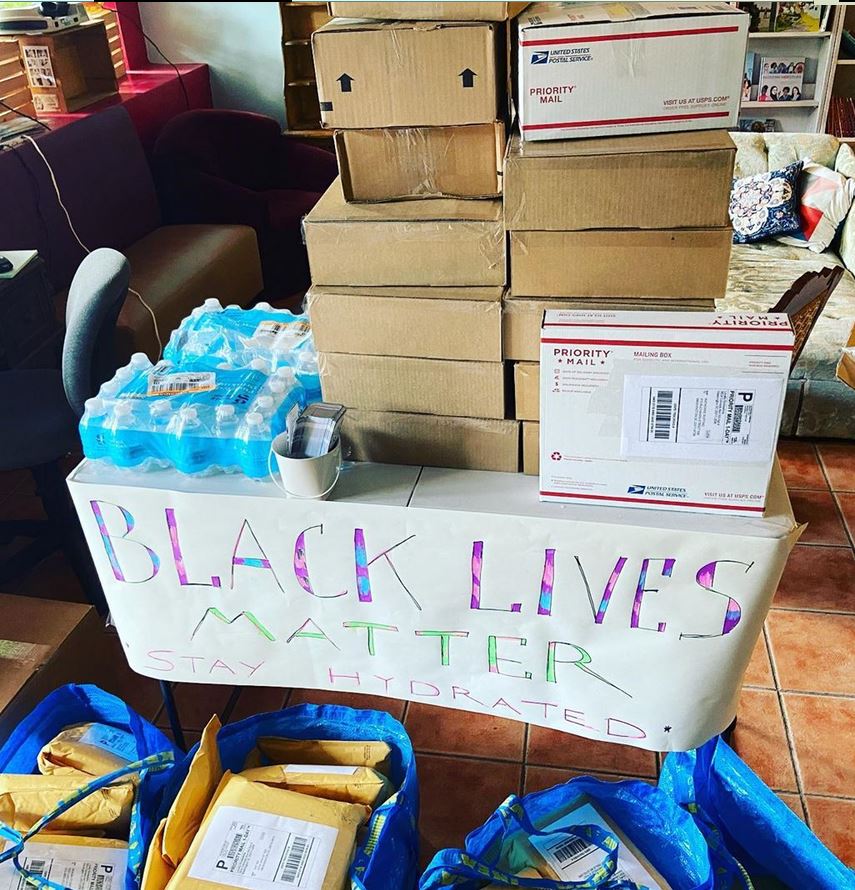 |
| Shipping at Loyalty. |
"I do not take that for granted," Depp said. She has three staff members working in-store and as of earlier this week has six more staff members working remotely on things like processing orders, customer service and growing Loyalty's digital events program. "We're working on building a structure for the duration of Covid-19 and beyond."
As protests spread across the country in late May and early June, Loyalty was among the Black-owned independent bookstores that experienced unprecedented surges in online orders. Depp said that it's no longer a "wildfire," but it is still enough to keep the store going. When asked what it was like trying to keep up with that demand, Depp said they initially experienced many of the same issues that other stores did. It wasn't safe to bring people in to work, so they had to come up with a system for doing things remotely, and there were sometimes significant delays as the most popular titles went on backorder. In fact, Loyalty is still "massively catching up" as some of those orders have yet to arrive.
There were some unexpected and frustrating problems as well. After seeing the store's orders increase by 3,000% in a single week, Loyalty's credit card processor dropped the account without notice, assuming that the bookstore was pulling some kind of scam. Loyalty's bank "freaked out as well," but the store had a stronger relationship with them and Depp is in the process of changing the store's accounts to handle the increased cash flow.
The store's customer base also changed overnight, and that brought its own challenges. First it went from a group of mostly community members to a wider group of "understanding and engaged" BIPOC and allies, the vast majority of whom understood the realities of running a small, independent business. From there, though, it came to include a huge group of people, predominantly white women, who were largely unfamiliar with ordering from small businesses and would do things like demand to know why Loyalty couldn't simply "act like Amazon." Depp's average work day during all of this, she pointed out, has been about 17 hours.
She remarked: "The Venn diagram of people who ordered White Fragility and the people who will write you a screaming e-mail in all caps is a circle."
Depp said that she and her team are honored to be getting national attention, and they are trying to use their newfound reach to "speak honestly about what it's like to run a Black, queer business." The store's next step is turning these online orders into an online community and finding ways genuinely to engage with them.
---
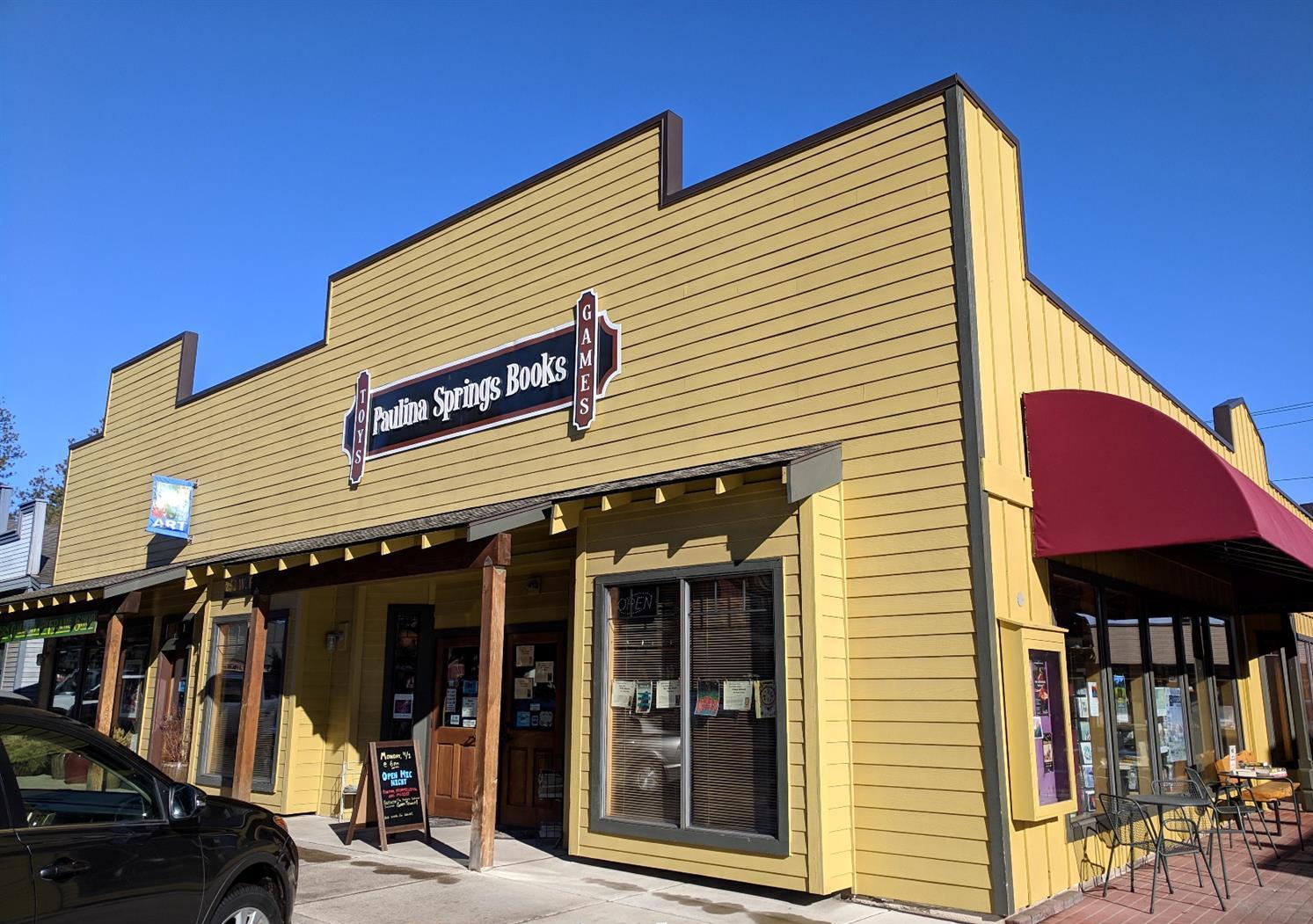 Lane Jacobson, owner of Paulina Springs Books in Sisters, Ore., reported that his store has more or less fully reopened for browsing, with restrictions in place to keep staff and customers safe. Only eight people are allowed in the store at a time--which Jacobson said is "well below" the maximum number they could technically allow--masks are required, hand sanitizer is available at the door and there are plexiglass shields at the registers.
Lane Jacobson, owner of Paulina Springs Books in Sisters, Ore., reported that his store has more or less fully reopened for browsing, with restrictions in place to keep staff and customers safe. Only eight people are allowed in the store at a time--which Jacobson said is "well below" the maximum number they could technically allow--masks are required, hand sanitizer is available at the door and there are plexiglass shields at the registers.
Jacobson and his team have set up a rope to block the door, and before anyone is allowed in, a staff member gives them the "spiel" on the social-distancing restriction. There are reminders about masks and distancing posted throughout the store, and so far the response to these measures has been "overwhelmingly positive"; Jacobson said he's been especially impressed by the number of kids who keep their masks on and stop themselves from running amok.
Noting that the majority of the Sisters community is older, Jacobson said mask compliance has not been much of an issue with locals. Sisters is a tourist town, however, and it has not been rare to see visitors come to town and act like the pandemic isn't real, though the state's recent mask mandate has "definitely helped a lot."
Being open to the public again, Jacobson continued, has been a "huge weight lifted off of our shoulders." While there's a bit of extra anxiety with having customers browsing again, that's "entirely offset" by the relief of no longer having to do door service only.
Before reopening to browsing, he and his team had to handsell each and every item they sold and were constantly running around the store to grab things for customers. The phrase "working twice as hard for half as much" has bounced around a lot lately, Jacobson added, and that was definitely true for his store. Now that customers are in-store again, it's been much easier and sales have bounced back quite a bit.
On the subject of the protests that began in late May and early June, Jacobson said that though Sisters's year-round population is only about 2,000, there were multiple protests with around 100 attendees, which was "heartening" to see. A few budding youth activist groups have also held socially-distanced meetings on the store's lawn.
The store donated 80 copies of White Supremacy and Me to the community, and they encouraged community members to share the books among their peers after they had finished reading them. It was a small gesture, Jacobson said, but it did leave some people in the community "no excuse" not to take a first step toward self-education. Looking ahead, he and his team are planning to turn this kind of thing into some sort of community-wide book discussion. --Alex Mutter
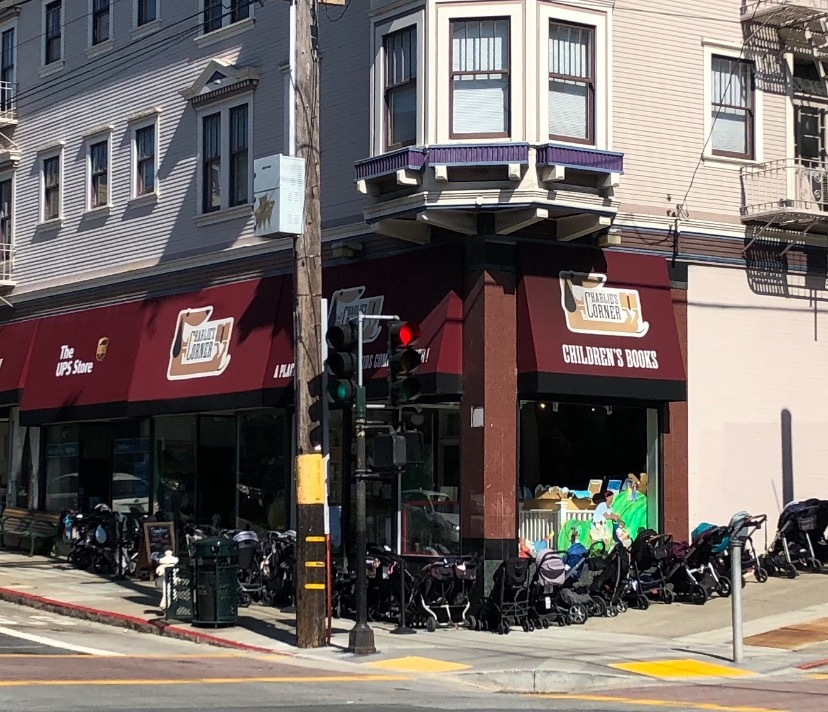 Charlie's Corner, the children's and YA bookstore in Noe Valley in San Francisco, Calif., has closed permanently, hoodline.com reported.
Charlie's Corner, the children's and YA bookstore in Noe Valley in San Francisco, Calif., has closed permanently, hoodline.com reported.









 In Washington, D.C., and Silver Spring, Md., both
In Washington, D.C., and Silver Spring, Md., both 
 Lane Jacobson, owner of
Lane Jacobson, owner of 
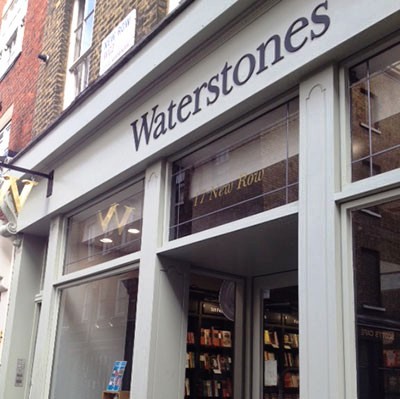 British bookstore chain Waterstones is currently in the process of
British bookstore chain Waterstones is currently in the process of 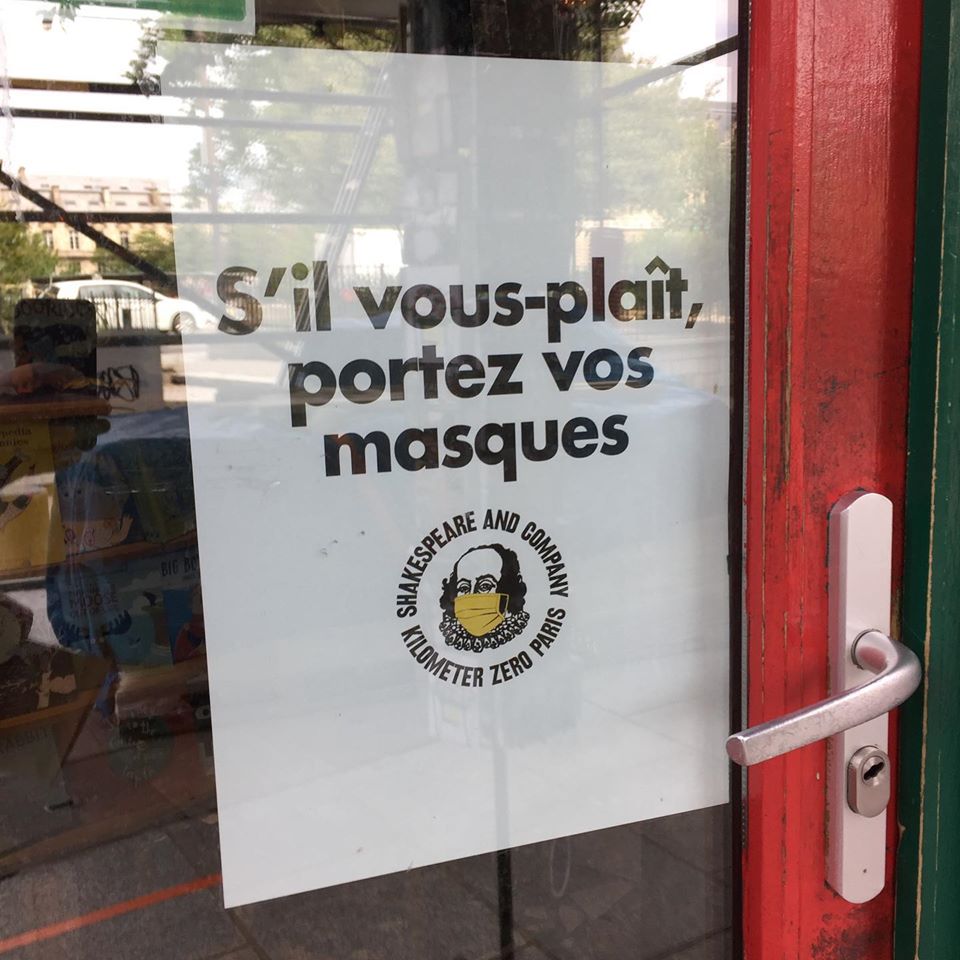
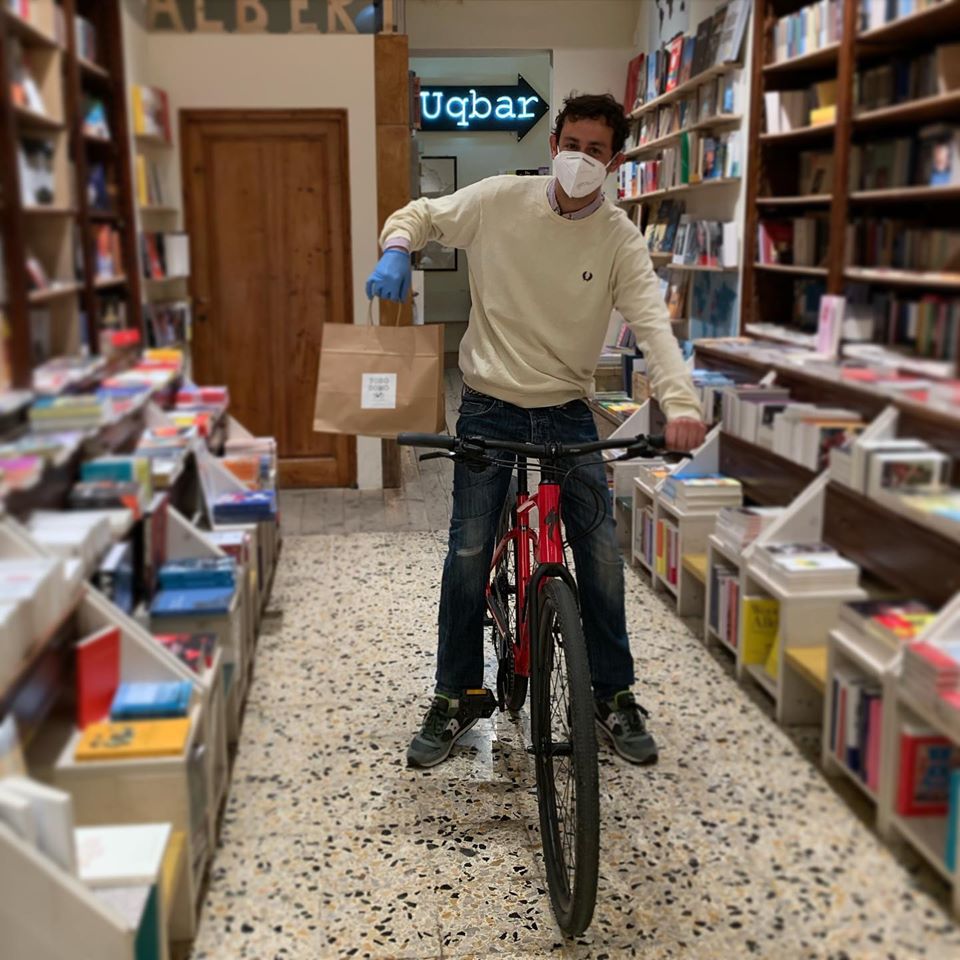

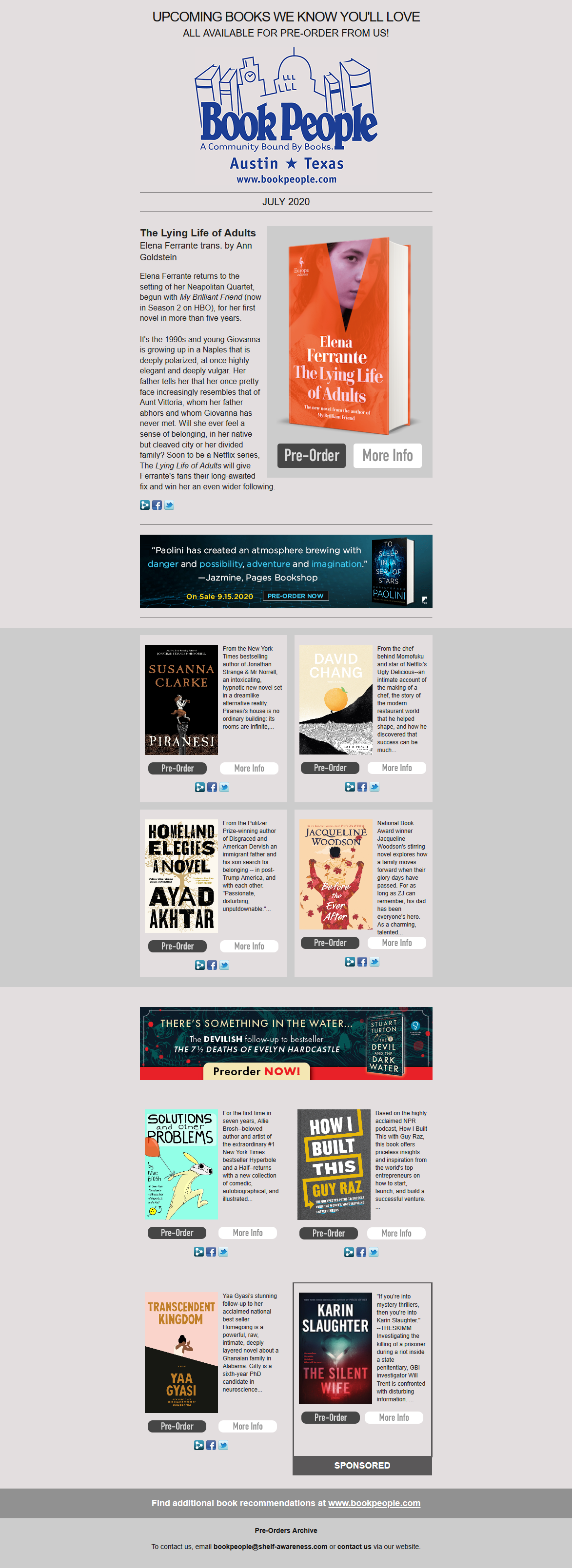 Yesterday, Shelf Awareness sent our monthly pre-order e-blast to nearly half a million of the country's best book readers. The e-blast went to 488,790 customers of 92 participating independent bookstores.
Yesterday, Shelf Awareness sent our monthly pre-order e-blast to nearly half a million of the country's best book readers. The e-blast went to 488,790 customers of 92 participating independent bookstores.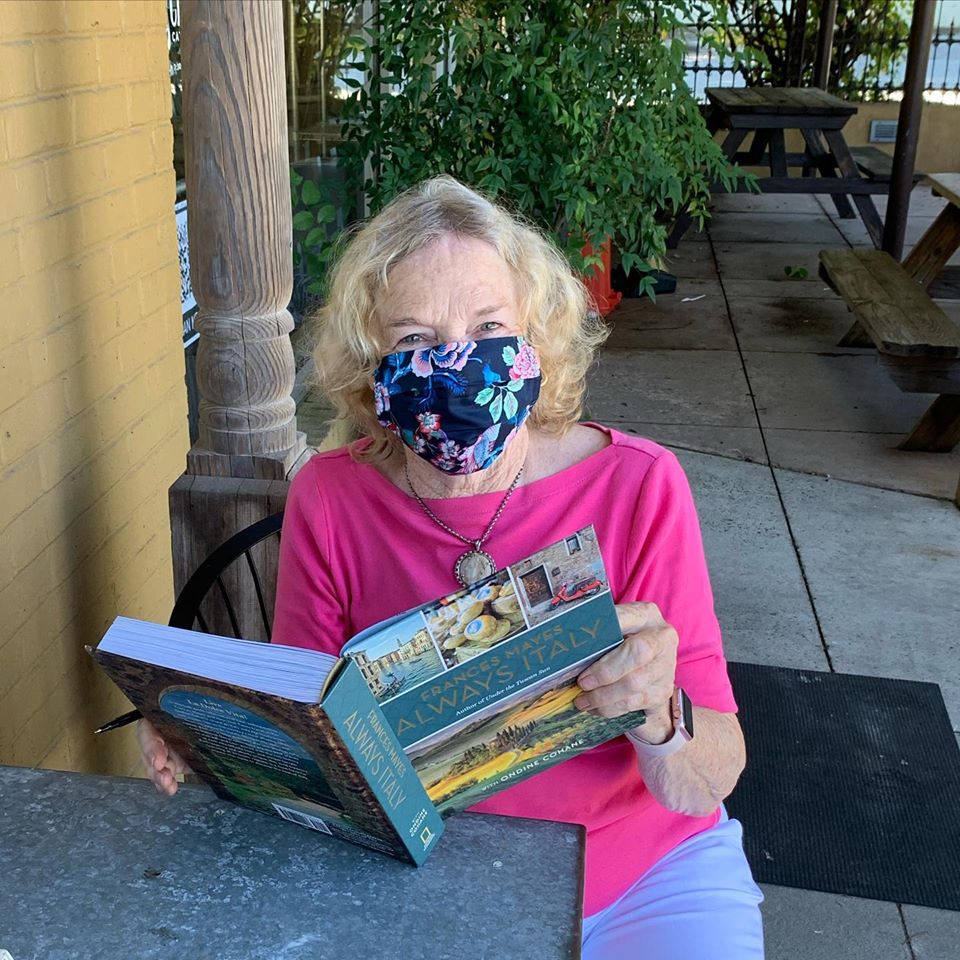 Tuesday evening,
Tuesday evening, 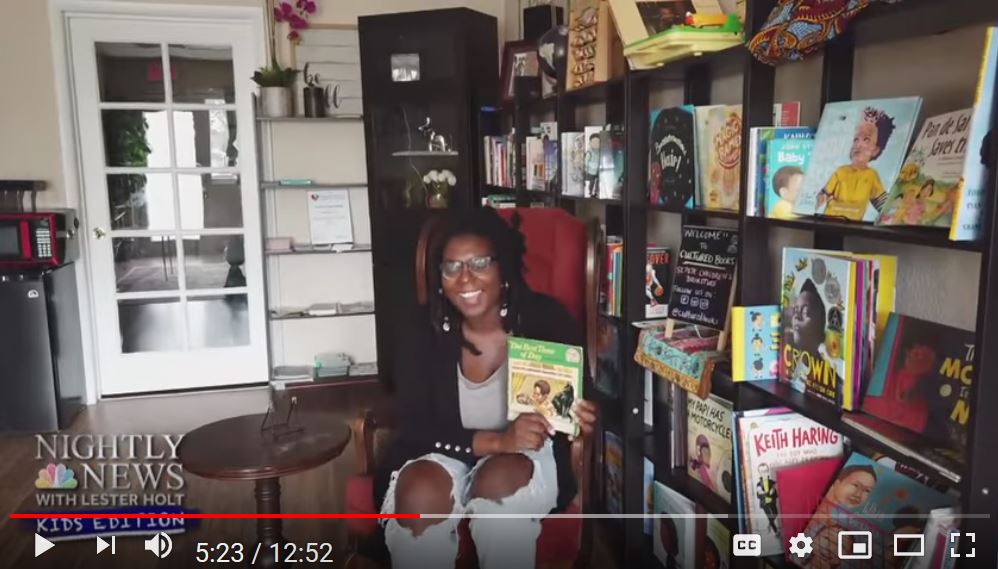 NBC Nightly News: Kids Edition
NBC Nightly News: Kids Edition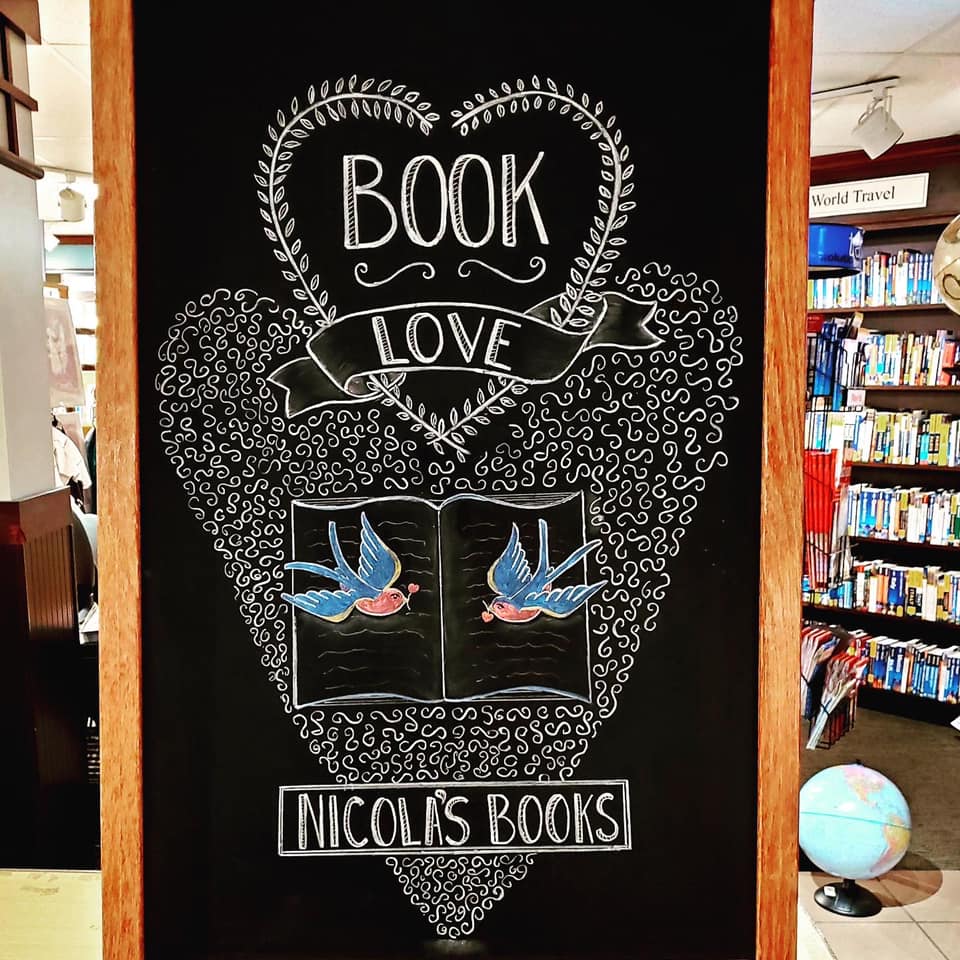 "Book Love"
"Book Love"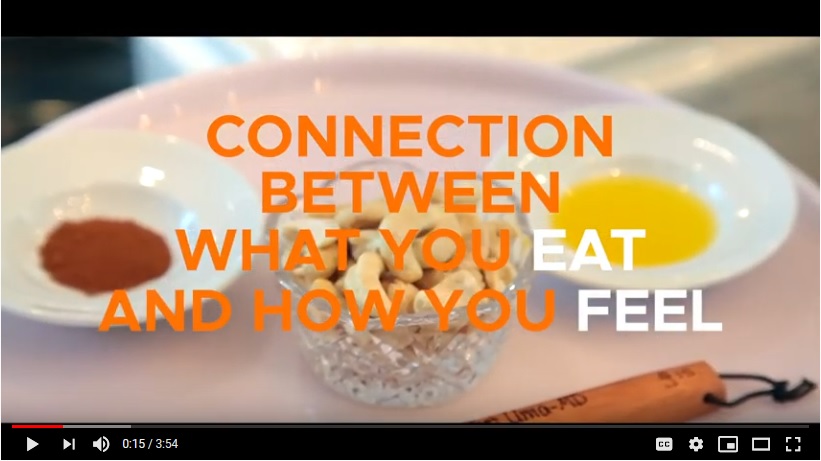 This Is Your Brain on Food: An Indispensable Guide to the Surprising Foods that Fight Depression, Anxiety, PTSD, OCD, ADHD, and More
This Is Your Brain on Food: An Indispensable Guide to the Surprising Foods that Fight Depression, Anxiety, PTSD, OCD, ADHD, and More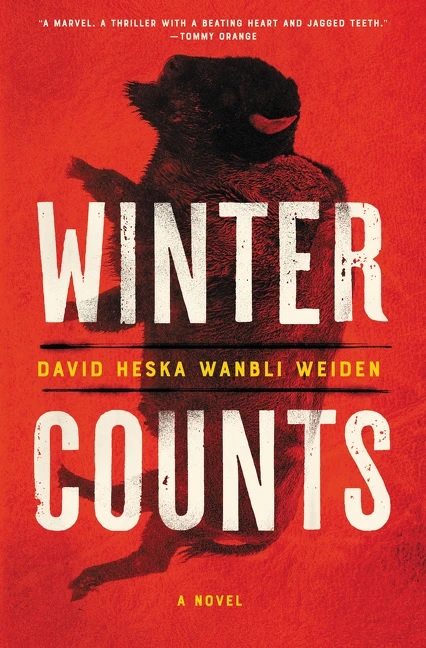 David Heska Wanbli Weiden's first novel, Winter Counts, is a gripping story of crime investigation set on the Lakota Rosebud Reservation in South Dakota. Virgil Wounded Horse is cynical. He can't imagine not living on the rez, but he's more than skeptical of Indian spirituality and ritual, and doesn't feel very connected to his people; his memories of being bullied in school are too fresh. Now that both his parents and his sister are dead, he doesn't have much family to feel loyal to--but he is devoted to his orphaned nephew, Nathan, now a teenager who shares his home.
David Heska Wanbli Weiden's first novel, Winter Counts, is a gripping story of crime investigation set on the Lakota Rosebud Reservation in South Dakota. Virgil Wounded Horse is cynical. He can't imagine not living on the rez, but he's more than skeptical of Indian spirituality and ritual, and doesn't feel very connected to his people; his memories of being bullied in school are too fresh. Now that both his parents and his sister are dead, he doesn't have much family to feel loyal to--but he is devoted to his orphaned nephew, Nathan, now a teenager who shares his home.